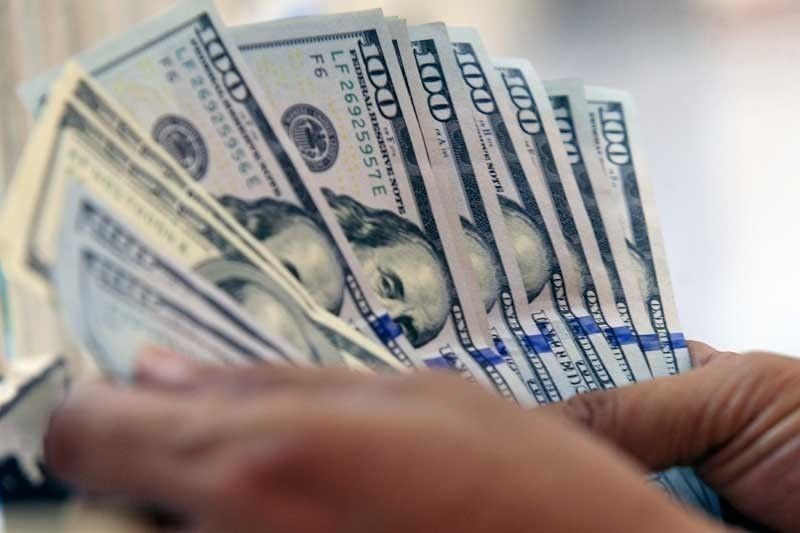FDI worsens pandemic drop to weakest level in 11 months

MANILA, Philippines — Foreign direct investments (FDI) slumped to their lowest level in nearly a year in April, sinking deeper into negative territory, with no end yet in sight as the economy grapples with the lingering pandemic impact.
Amid movement restrictions, the Philippines was still able to record an FDI net inflow of $311 million, albeit down 67.9% year-on-year and representing the third straight month of annual decline this year, the Bangko Sentral ng Pilipinas (BSP) reported on Wednesday.
FDI that month was the weakest since May 2019 when net inflows only totaled $279.87 million. A net inflow indicates more investments still entered the country than left.
“The slowdown in FDI inflows reflected the continued weak global and domestic demand prospects, prompting many investors to put on hold investment plans amid the unresolved COVID-19 (coronavirus disease-2019) pandemic,” BSP said in a statement.
Similar with other countries, the Philippines has resorted to tough movement restrictions from mid-March until end-June in a bid to control the spread of the deadly novel virus. The result was the shuttering of businesses and tepid investment climate that virtually put the economy, which contracted 0.2% year-on-year in the first quarter, to a halt.
The impact can be gleaned on the nitty-gritty of FDI data. Broken down, equity net inflows or new FDI amounted to only $7 million in April, down 82.6% from same period a year ago.
Reinvested earnings reached $81 million that month, but they were still lower by 15.8% year-on-year. The bulk of FDI were in the form of intercompany borrowings, or money that went between foreign headquarters and their local affiliates here, which decreased 73.2% to $223 million.
“This cratering of the FDI level in April is expected. We all know that April was the main month of the economic lockdown versus the COVID-19 spread,” Ruben Carlo Asuncion, chief economist at UnionBank of the Philippines, said in a text message.
“FDI outlook this year is mainly hinged on the result of the government’s effort to get a grip on COVID-19’s spread locally, the level of fiscal support by the government to the flailing economy, and the discovery and consequent administration of an effective vaccine,” Asuncion said.
From January to April, FDI posted a net inflow of $1.98 billion, sliding 32.8% year-on-year. The pandemic already prompted BSP to slash its year-end forecast to $4.1 billion from $8.1 billion seen before the pandemic struck. If realized, the outcome would sustain a declining trend on FDI under the Duterte administration since 2017.
FDI from Japan, EU up; China down
Going forward, Asuncion said he believes “the worst is over” for FDI as lockdowns were already relaxed starting June. However, apart from lockdowns, succeeding FDI data on May would show initial investors’ response to the government’s shutdown of ABS-CBN as well as a shift to negative outlook on Fitch Ratings’ investment-grade rating for the Philippines.
From January to April, most FDI inflows entered the manufacturing, property and administrative support sectors, BSP said.
“We still have to wait for both May and June data (these months are characterized by still stringent lockdown measures), and its subsequent declines and the medium- to long-term prospects seem to look more positive compared to previous months,” Asuncion said.
By country source, BSP data showed Japan remained the top foreign investor as of April with $213.71 million in equity placements. The amount was more than triple the investments same period last year. FDI from the European Union likewise reverted to a net inflow of $229.1 million.
Elsewhere, the picture was not as good as Japan’s or the EU’s. Equity FDI from the US tanked 44.4% year-on-year to $39.5 million in first four months, while those from South Korea sank a faster 86.4% to $7.9 million.
China, with which President Rodrigo Duterte has tried to strengthen bilateral ties against popular opinion, barely contributed with its $3.7 million equity placements, down 93.8% year-on-year.
- Latest
- Trending






























